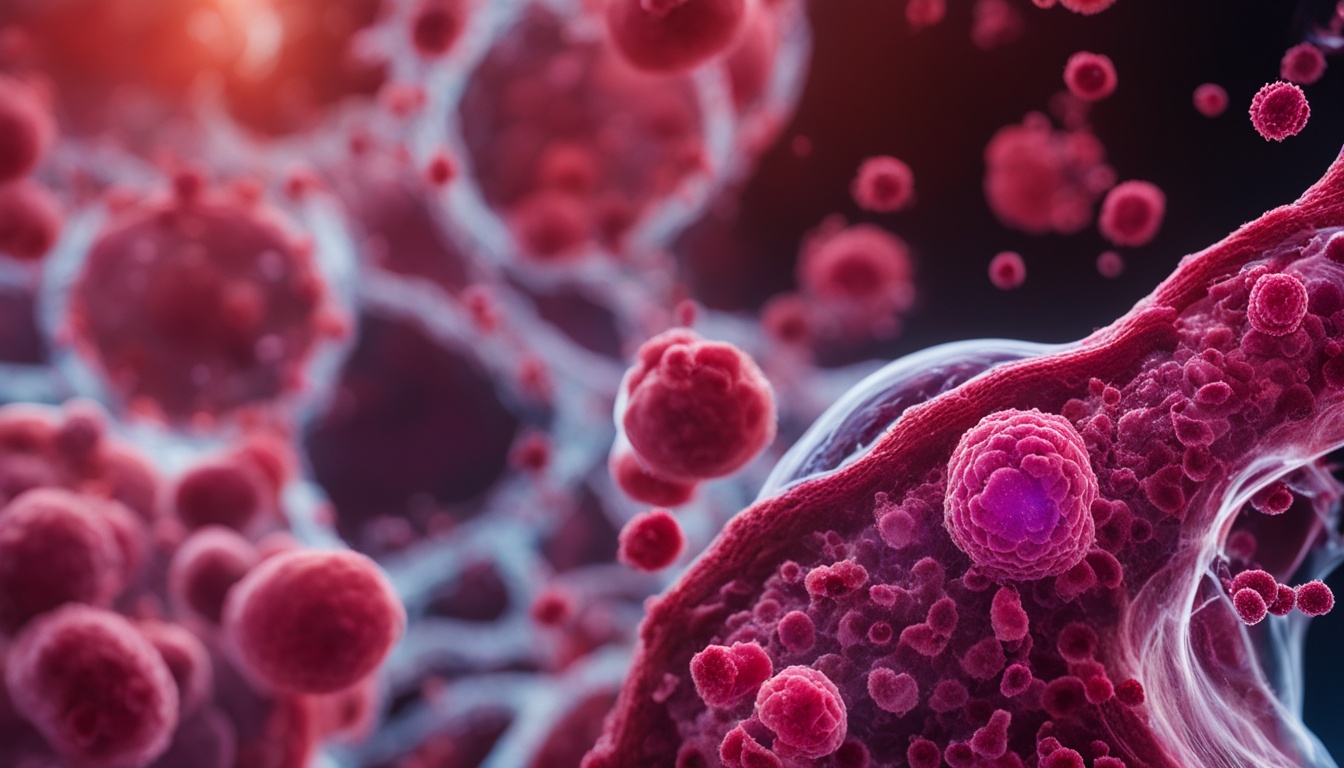Primary immunodeficiency diseases impact how your immune system works. This makes you more likely to get infections. These conditions, also called immunodeficiency diseases, are inherited. They can show up when you’re a baby, child, or adult.
Symptoms of these diseases can be different based on what type you have. But a common sign is getting sick often and very badly. You might have infections in your ears, lungs, skin, or elsewhere. These infections can really hurt your health and how you live.
Diagnosing these diseases starts with a detailed check of your health history and a physical exam. Doctors also do blood tests and DNA testing. These help find out if you have a problem with your immune system or a genetic disorder.
Key Takeaways:
- Primary immunodeficiency is a bunch of inherited immune system issues.
- You might keep getting really bad infections in different body parts.
- Finding out if you have it means looking at your health history, doing a physical, and running tests.
- Treatment is about fighting off infections and making your immune system stronger.
- In some cases, stem cell therapy and gene therapy can fully cure the disease.
Diagnosing and Treating Primary Immunodeficiency
When diagnosing primary immunodeficiency, a doctor looks closely at your medical history and does a physical exam. These help spot any problems your immune system might have. They also check if other family members have immune system issues because these problems can run in families.
To understand primary immunodeficiency better, doctors do blood tests. They check the levels of certain proteins that fight infections and look at your immune system’s cells. These tests find out if something is wrong with your immune system and why you might keep getting sick.
For parents expecting another child with the condition, prenatal tests can help. Tests like amniocentesis can tell if the baby has immune system problems early on. This early knowledge helps plan treatment from the start.
Sometimes, DNA testing is necessary to pinpoint the exact cause of the immune system issue. This test looks at your genes to see if they’re the reason why your immune system isn’t working right. Knowing the exact issue helps doctors choose the best treatment.
Treatment Options for Primary Immunodeficiency
After diagnosing a primary immunodeficiency, the next step is treatment. The treatment plan varies based on the person’s condition and how severe it is.
Immunoglobulin therapy is a common treatment. It gives patients extra immune globulins to boost their immune system. With a stronger immune system, you might not get infections as often.
If the condition is serious, a stem cell transplant might be needed. This treatment replaces your immune cells with healthy ones. It can be a cure for some cases of primary immunodeficiency.
Gene therapy is a new approach that shows a lot of promise. It fixes the genetic problem that causes the immune system disorder. There is hope that gene therapy could cure primary immunodeficiency in the future.
| Treatment Options | Description |
|---|---|
| Immunoglobulin Therapy | Administering immune globulin preparations to strengthen the immune system. |
| Stem Cell Transplantation | Replacing the faulty immune cells with healthy stem cells from a compatible donor to rebuild the immune system. |
| Gene Therapy | Introducing functional genes into the patient’s cells to correct genetic defects causing the immune system disorder. |
Living with Primary Immunodeficiency
Managing primary immunodeficiency is key to living a normal life. With the right treatment and care, people can reduce the condition’s impact. This helps keep well-being in check.
Preventing infections is a big part of this. This means keeping things clean and staying away from crowded spots. Doing this especially during peak flu times reduces risks. Also, getting all recommended shots adds another layer of safety.
Despite its challenges, know that help is out there. Support groups, for example, connect you with others in similar spots. This creates a feeling of togetherness, where experiences and advice can be shared.
Getting ready for doctor visits is also important. Be open with your healthcare team about your condition. They can help you handle infections and check on your progress. Following their advice closely leads to better health and a happier life.

